The Most Revd and Rt Hon. Dr Rowan Williams
Thanks to Mrs Gaskell, the world still has a vivid but pretty misleading picture of Haworth parsonage and its incumbent. This excellent biography, making use of extensive archival material and written by a scholar who has already produced a first-class edition of Patrick Bronts correspondence, gives us for the first time a really three-dimensional portrait of a man remarkable in his own right as well as remarkable for being the parent of one of the most gifted families in the history of English literature, a man whose gifts took him from early poverty to acquaintance with some of the leading figures of his generation.
We learn in these pages something that is often forgotten: that the difficulties of travel in the early nineteenth century did not in the least prevent people from enjoying a cosmopolitan experience and perspective. The Bronts were never prisoners in remote Yorkshire, but shared in the intellectual and imaginative currents of the day; they may have been in important senses local voices, giving unforgettable shape to a particular landscape. But they were also Europeans, absorbing the challenge of a wider world.
We see also, though, what the conditions of life were in rural Yorkshire at the time, what kinds of poverty and vulnerability to disease were the daily accompaniments of life, not only for the poor but for the professional classes, too. This book shows us not just a remarkable man in the setting of his remarkable family, but an ordinary, devoted parish priest, at the service of a community, struggling with their irregularities, ministering in their needs and taking responsibility for their education, painfully conscious of and angry about the practical help that was denied them in times of economic hardship or epidemic. Here is early nineteenth-century rural society in miniature, neither romanticised nor made impossibly remote from us.
This is a very welcome book indeed, which will illuminate the background of that endlessly fascinating family, but will also tell us all sorts of things we did not know about Church and society in a period of dramatic change, the period of a life spanning the long Hanoverian afternoon, the French wars and the beginnings of the Victorian age. It is a study full of detail, energy and insight, and it is a delight to be able to commend it to the reader.
 Rowan Cantuar:
Rowan Cantuar:
Patrick Bront was a clergyman of the Church of England for fifty-five years. His career is remarkable, both for his emergence from a poor and humble background in the north of Ireland to take his degree at St Johns College, Cambridge, and proceed to ordination, and also for his long clerical ministry, forty years of which were spent in Yorkshire as the incumbent of Haworth during a period of great social and ecclesiastical change in the country. As the son and grandson of clergymen my interest in the Bront family has always centred on Patrick and on the details of his clerical life. When I retired from teaching in 1995, in an effort to discover more about his ministry, I decided to make a collection of his letters. During the next ten years I managed to identify around 250 letters. These showed a wide variety of content. Some were personal, relating to the members of his family and to the sad bereavements which he suffered. Others dealt with the many concerns of a busy incumbent in his parish. A significant number were written to the local press and showed his interest in the wider issues of the day, while others revealed him to be a resolute campaigner on a variety of local matters. My edition of The Letters of Patrick Bront was published in 2005.
It is unfortunate that, in the century and a half since Mrs Gaskell published her famous Life of Charlotte Bront in 1857, Patrick Bront has been a much maligned man. In an effort to clear Charlotte and her sisters of the charges of coarseness and insensitivity in their novels, Mrs Gaskell portrayed them as living in a wild and remote area cut off from the normal decencies of civilised society, and their family background as lonely and austere. She also depicted Patrick as a remote father given to eccentric behaviour and strange fits of passion. The justifiably great success of her biography has meant that her unfavourable portrait of him has remained etched in the public mind ever since. In this, the first biography of Patrick to be published for over forty years, I have made an attempt to redress the balance. It has been my aim to present a fair and accurate account of Patricks life and ministry, based on the considerable documentary evidence which is available. I hope that the picture here presented reveals a kindly and loving father who took a keen interest in his childrens development and an able and faithful clergyman, who was ever sensitive to the pastoral needs of his parishioners.
Dudley Green
Clitheroe
January 2008
I should like to express my thanks to Dr Rowan Williams for the honour he has done me by writing the Foreword to this work. In the midst of the very busy schedule of a Lambeth Conference year it was an act of kindness which I deeply appreciate. I think his action would have brought great pleasure to Patrick Bront. For much of Patricks time at Haworth his diocesan was Dr Charles Longley, the first Bishop of Ripon, who later became Archbishop of Canterbury and founded the Lambeth Conference. Among the new items in my book is a moving letter from Patrick Bront thanking Dr Longley for his expression of sympathy at the time of Charlottes death. This letter has only recently been discovered among the Longley Papers in Lambeth Palace Library. I am very grateful to the Right Revd George Cassidy, Bishop of Southwell & Nottingham, for putting me in touch with Dr Williams, and for the kind assistance given to me by members of the Lambeth Palace staff, especially by Jana Edmunds.
In my edition of The Letters of Patrick Bront I expressed my gratitude to those who had assisted me in my research during the previous ten years. I should again like to thank Robert and Louise Barnard for their continued support and encouragement and for making available information from their Bront Encyclopaedia prior to its publication last year. Robert also read my MS in draft form and made many helpful suggestions. A great debt is also due to my brother Stephen who has once again proved to be a mine of information on ecclesiastical matters and, although not an inveterate Bront lover, read my draft MS through on two occasions and gave much useful advice. I am grateful to Wendy Smith for kindly reading through my proofs. My thanks are due to Ann Dinsdale for her expert help and advice and for the warm welcome which I received on my visits to the library at the Bront Parsonage Museum. I am also grateful to Sarah Laycock for her work on the illustrations.
Once again I acknowledge my great debt to Juliet Barkers The Bronts, a monumental work which, with its detailed notes of reference, is an indispensable aid to all those who engage in research on the Bront family. I have also made frequent use of Margaret Smiths meticulous three-volume edition of The Letters of Charlotte Bronte and I have gained much information from A Man of Sorrow by John Lock and W.T. Dixon, who had access to some details about the life of Patrick which sadly have since been lost.
I am grateful to my friends in the Irish Section of the Bront Society for their help over the details of Patricks childhood and youth: to Margaret Livingston for arranging my visits to Northern Ireland, to Ivan and Roberta McAulay for kindly providing hospitality and to Finny OSullivan for reading my Irish chapter and giving me historical advice. I should like to thank Malcolm Underwood, the Archivist of St Johns College, Cambridge, for his assistance over the details of Patricks scholarships at the college. I am grateful to Richard Middleton, the Archivist of the Minster Church of All Saints, Dewsbury, for supplying me with his history of the church, to Robin Greenwood for once again allowing me to profit from his detailed knowledge of the nineteenth-century history of Haworth and to Ruth Battye for her kind hospitality on my visits there. I am indebted to Mr W. R. Mitchell for his permission to use the photograph of Dr William Cartman, his great-great-grandfather and Patricks life-long friend. I am grateful to the late Geoffrey Sharps for his assistance over the date of the third edition of Mrs Gaskells

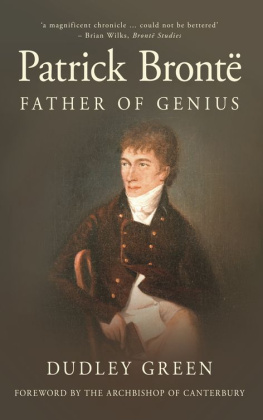
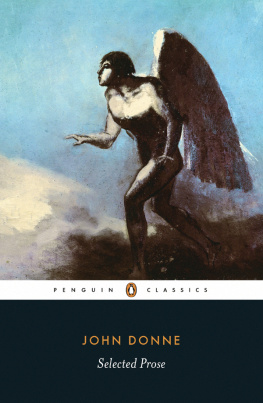
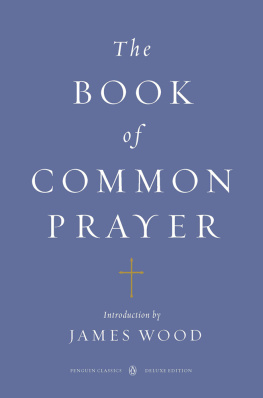
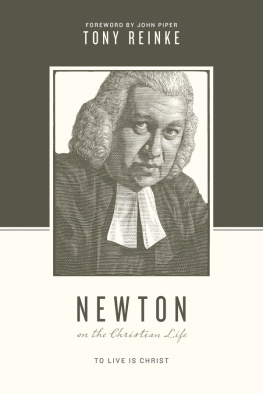


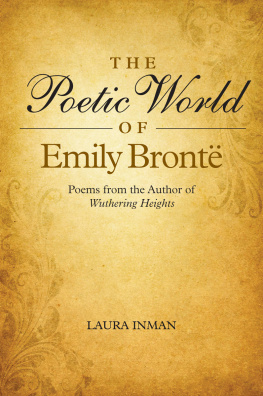
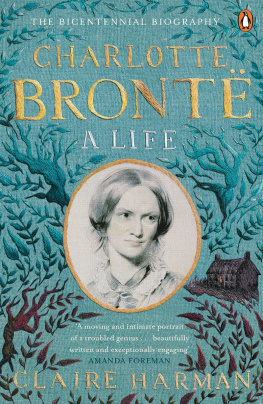
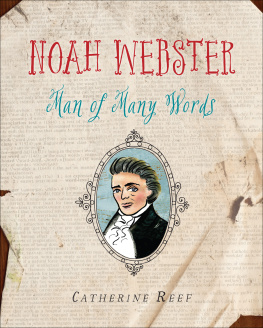
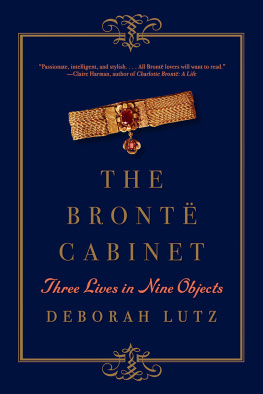
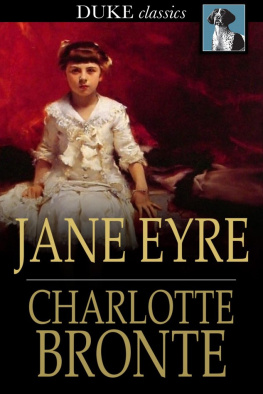
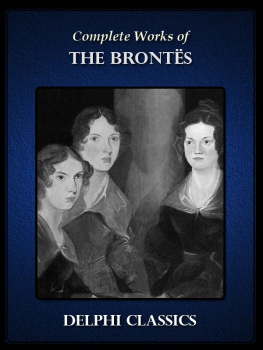
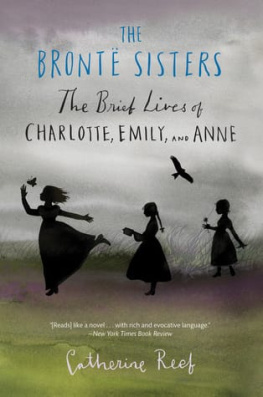

 Rowan Cantuar:
Rowan Cantuar: